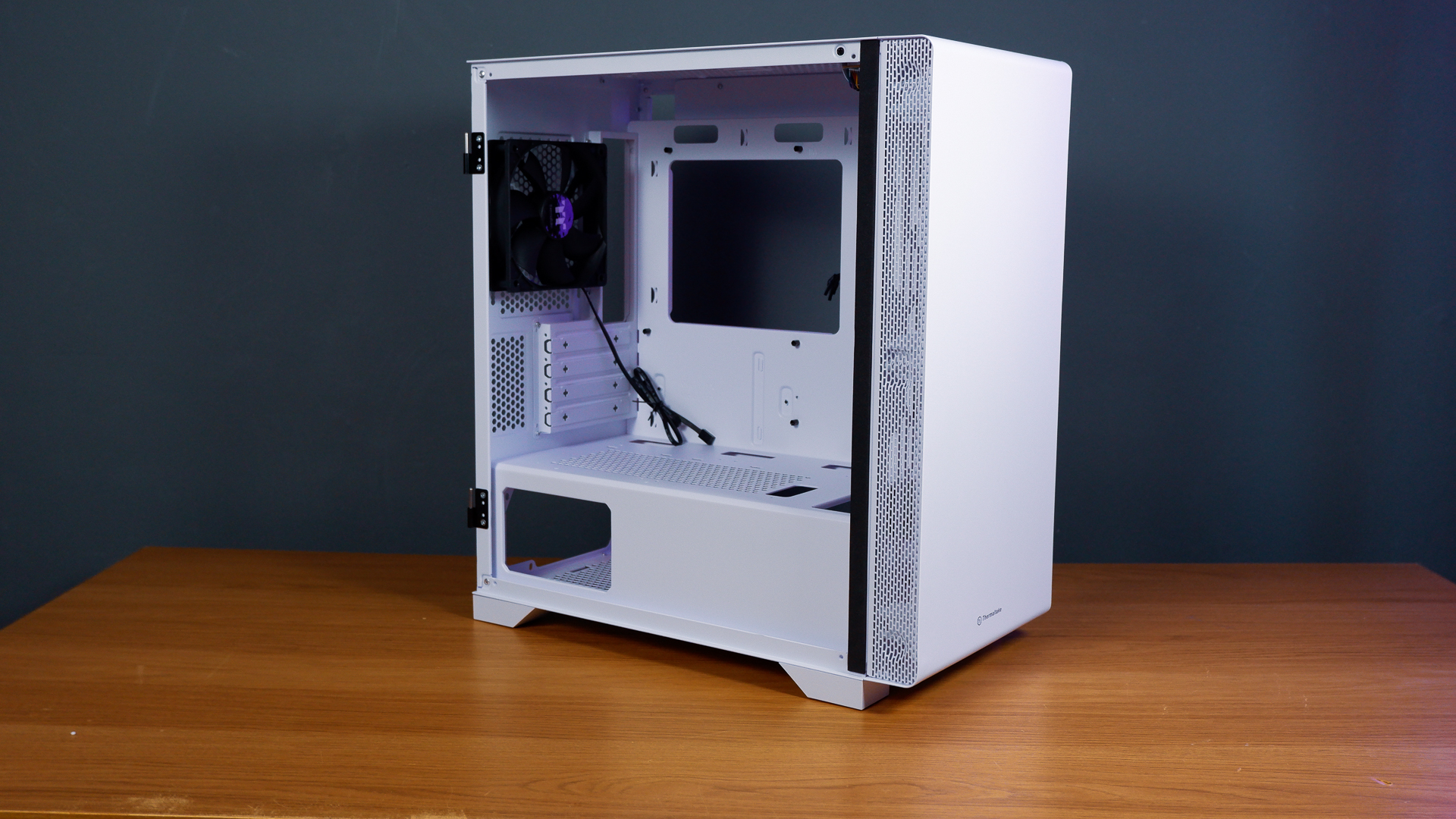Cloud9's Jordan ‘n0thing’ Gilbert on the state of NA Counter-Strike
"“I feel like a lot of NA teams lose the psychological battle."
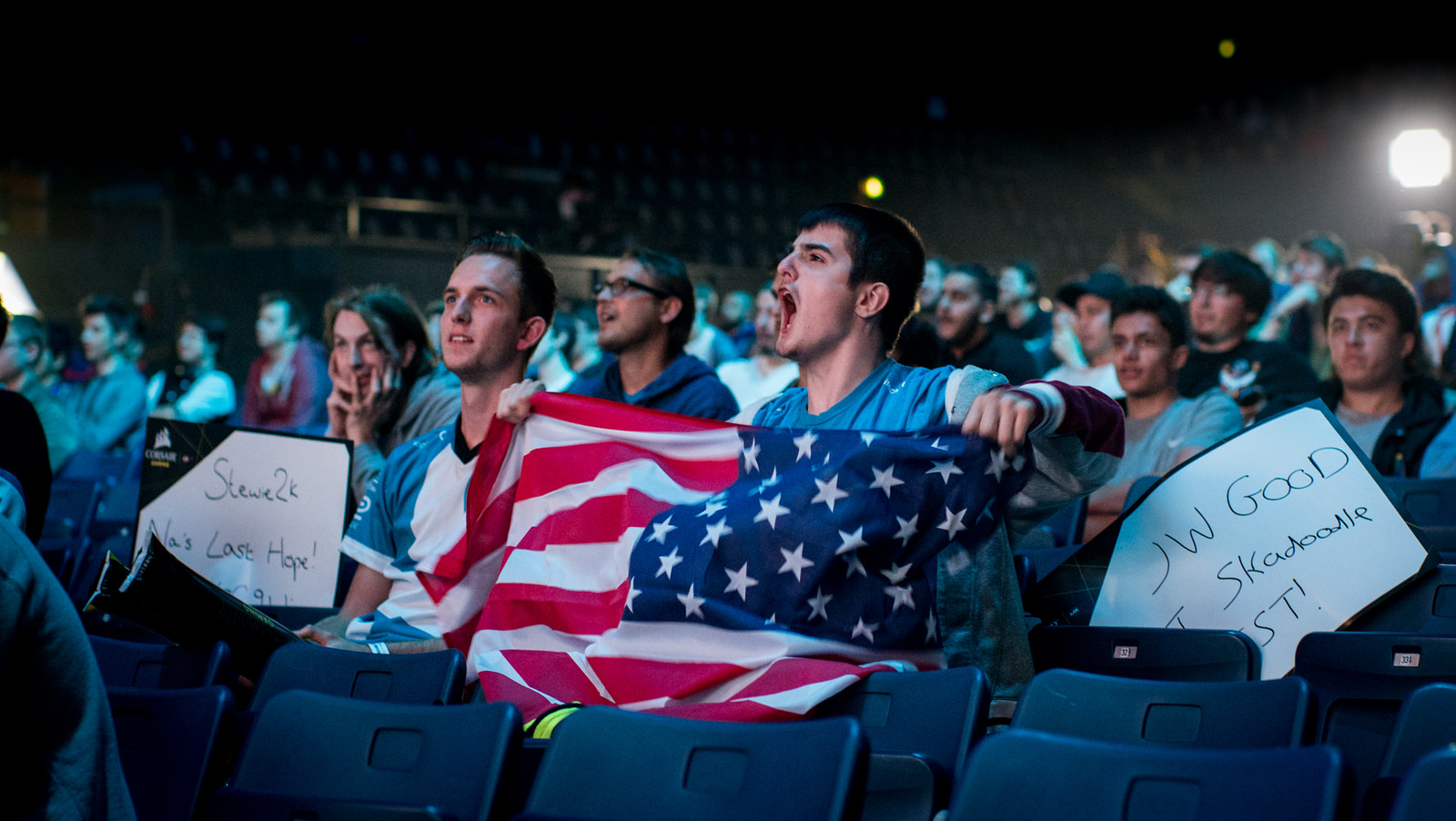
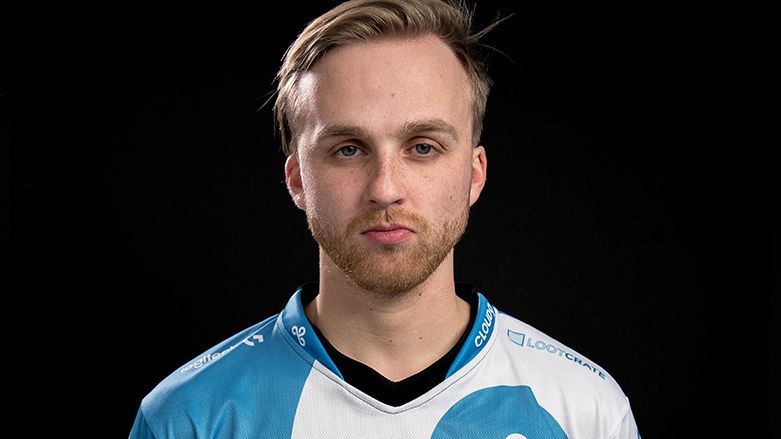
Jordan ‘n0thing’ Gilbert has competed for Cloud9 since 2014. He is known for his positive attitude and, of course, the flashbang dance.
Often reserved and camera-shy, professional gamers can make for unconventional interviewees. Cloud9’s outspoken and cheerful Jordan ‘n0thing’ Gilbert is the antithesis of this. Backstage at the ECS Finals in London it’s clear Jordan is a man who everyone knows, and who knows everyone, stopping regularly to chat or break a joke with players, casters and crew. After their victory over the Danish Astralis, Jordan sat down to share his views on North American CS and the weight of competing for his nation’s hearts.
The state of NA
Despite his youthful exuberance, Jordan is actually one of the most experienced faces in the North American scene, and as captain of Cloud9 he faces a lot of pressure for the team to perform. The rise of Luminosity Gaming has rocked the American scene, and while C9 no longer hold the top spot, they see LG’s story as an inspiration.
“I think it takes away some of our excuses,” says Jordan. “Because it shows that a team who not only came to North America without being ranked in the top ten, then also grinded their way to the top ten. That just goes to show that if you’re hungry, if you’re passionate and a tight-knit group of guys that really works together then teamwork is… well there’s no I in team right? It’s actually pretty funny, I set my desktop background to a picture of Fallen’s bedroom because they had to share a bed, him and Fer, and I literally have a big bedroom out in Cali. I used it as motivation because those guys came in and showed us that there’s no excuse if you can be mentally strong and work hard as a team you can achieve anything.”
With the likes of Team Liquid, Counter Logic Gaming and TeamSoloMid all vying for attention, NA CS has entered one of it’s most contested periods, making for exciting viewing. American audiences dominate online, comprising a huge portion of discussion on sites such as HLTV and the Global Offensive subreddit. While this gives NA teams an enormous support base, it also presents a onus for success many players struggle to handle.
“One of the toughest things in North America is the weak mentalities across the scene,” Jordan begins. “I feel like a lot of NA teams lose the psychological battle. In terms of mechanical skill the Europeans aren’t dominating us, it’s not like they have the best 3-point shooters in basketball. Most of it comes down to overall talent in teamwork and decision making. It’s great to see more North American teams competing because we have that mechanical skill, we just have to up that psychological game. If we get there then the conversation can end and the stigma can go away.”
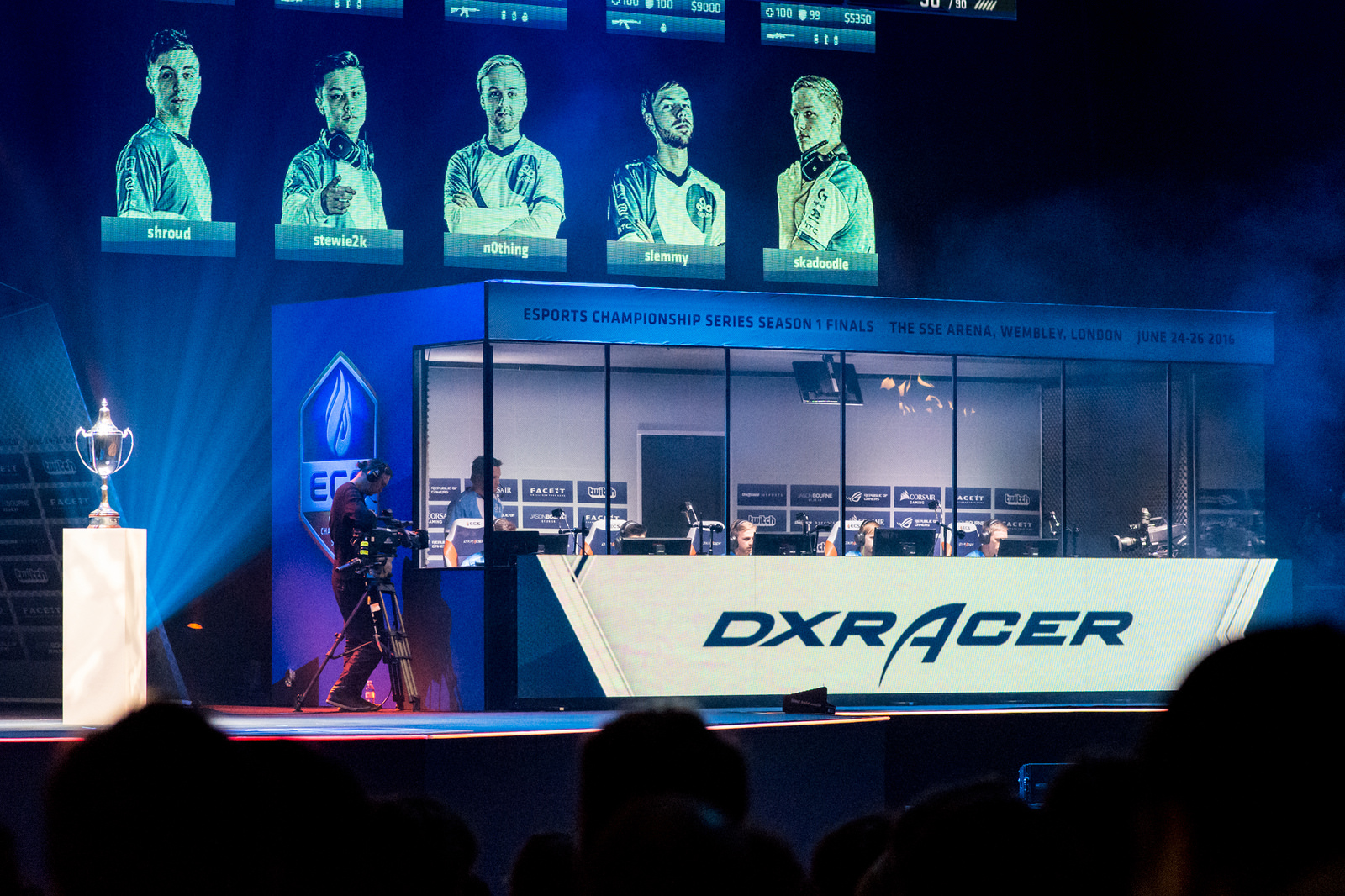
Haters gonna hate
The ever-present divide between North American and European CS—the former often struggling to compete in spite of a vast player spectrum and monetary support—has dogged the NA scene for years. American fans expect victory, so when things aren’t going well, playing for one of your country’s top hopes can be grueling. Far from being limited to Cloud9, the internet is rife with mockeries of North American failure. While the great majority is in good humour, there is also a significant amount of aggression.
“It takes a certain mindset to realise that there’s gonna be a lot of supporters and a lot haters,” says Jordan. “[We’ve] gathered a lot of fans over the summer who enjoy watching our streams, so when they see us play if we don’t perform up to the standard they’re used to watching then they like to jump on us. I can’t blame them for being upset but there’s obviously a lot of immaturity. You have to kind of ignore that and hope it doesn’t affect any members of the team.”
Keep up to date with the most important stories and the best deals, as picked by the PC Gamer team.
The contrast between streaming and competition performances isn’t an easy thing to convey to viewers, particularly those younger or new to the game. When individuals draw huge streaming audiences, it becomes very easy to disappoint on the stage.
“That’s shroud’s biggest problem,” Jordan says of his teammate. “Because people on his stream watch him dominate singlehandedly. And the truth is, he doesn’t care on his stream, he’s having fun and purposely not playing like he would in a match. People are very hard on him because he’s on reddit all the time with stream highlights. That crosses over into competition and people criticize him. A lot of it stems from jealousy but there are real fans who just want him to succeed.”
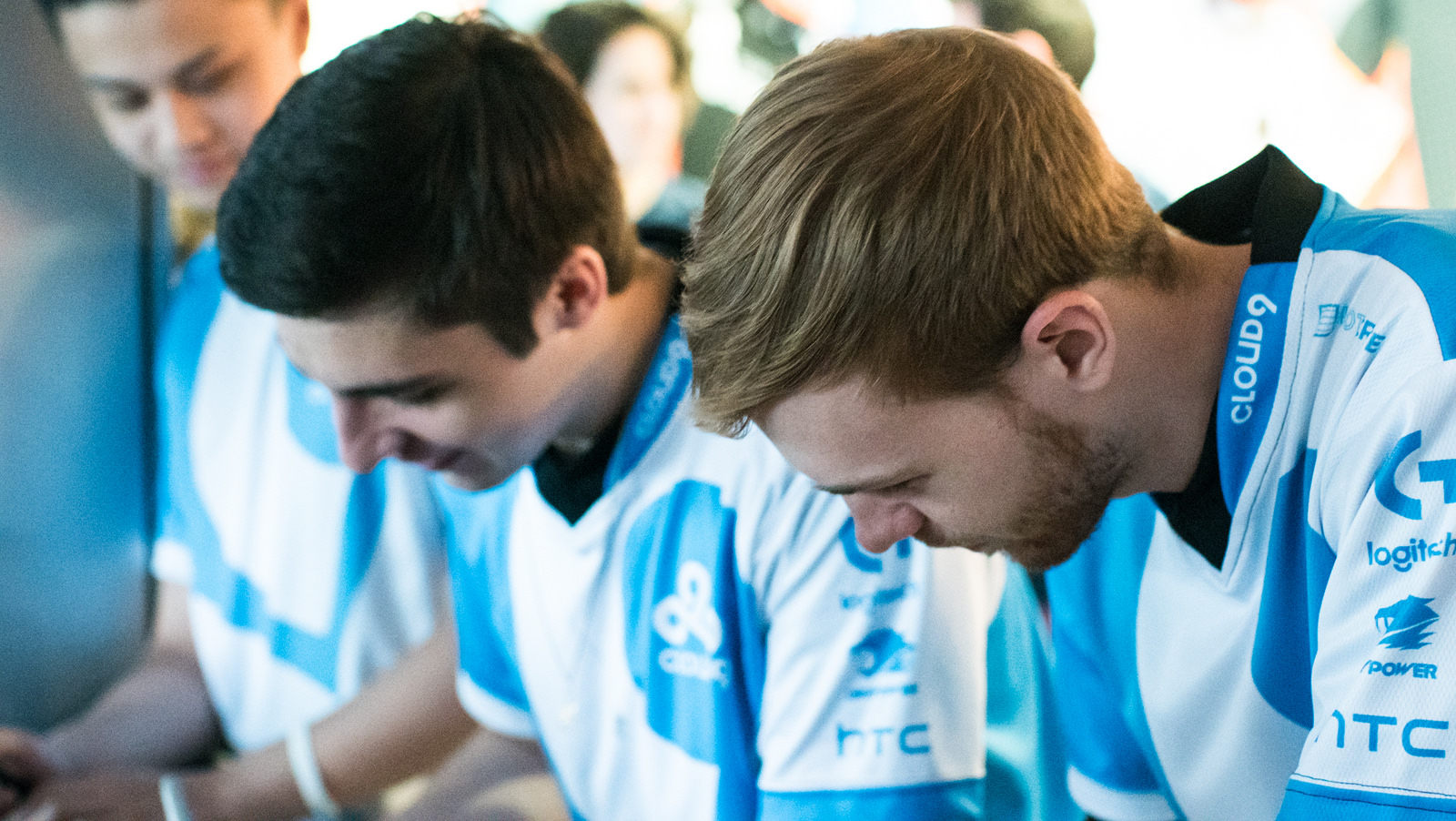
Positive communication
The semi-anonymity and speed of services like Twitter can lead to a real disconnect in people’s attitudes compared to face-to-face interaction. Online abuse is in no-way unique to esports, but it remains an enormous issue in the competitively-minded landscape.
“It’s crazy to me that when I’m on Twitter or anything and people are talking crap about me or my team,” Jordan says. “I reply to them and say ‘hey, why would you say that and can you elaborate on your point?’ After that first malicious statement they say ‘hey my bad I didn’t mean it bro. I just wish you’d played better.’ People don’t realise that just because you’re on twitter or behind a screen, there’s no facade here, you’re still a person just throwing words in the air.”
The problem clearly frustrates Jordan, especially without an easy solution in sight. Nevertheless, with more outspoken and respectful players as role models, there is always the chance the community will evolve.
“I hope people will start to take more seriously what they’re saying,” Jordan says. “Even you and your friends can get confused texting each other, let alone a stranger. How do you expect people to not misconstrue things [online]? I just think people should start to be more respectful and thoughtful with the way we speak on the internet.” As Counter-Strike’s audience continues to grow, It’s a lesson many could stand to learn from.

